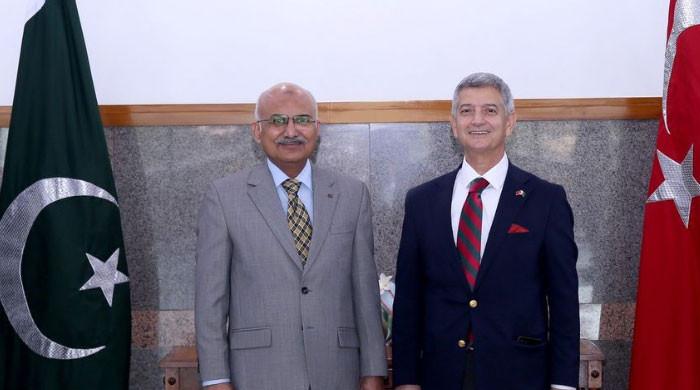Turkey, Iraq and beyond: the Mideast implications
Relations with Syria and Iran will come under strain, Ankara will lose any chance of making a contribution to the Palestinian question and strategic links with the Gulf region will be significantly altered. At a broader level, Turkey will face criticism from the European Union and Russian federation.
The historical memory of Turkish foreign policy has created an understanding of the international system which places a premium on stability. The practical result of this is alliance with the dominant elements of the international system against revisionist and anti-status quo forces. This trend is visible in all Turkish military involvements overseas since the Turkish war of independence in 1920s. Although this foreign policy identity has led to a broad association with the United Nations system, it has also kept Turkish foreign policy insulated from discussions of international law and legitimacy. The anti-imperialist positions of some domestic groups were never adequately represented in foreign policy and have instead been used to justify nationalist policies.
The decision to send Turkish troops to Iraq is arguably the result of the same process. It will be no surprise if its involvement distances Turkey from the EU while creating problems with Russia and Iran in the wider region.
The parliamentary motion that prohibited the use of Turkish territory by American troops saved Ankara from much of the negative impact of the Iraq crisis. The Parliament’s decision was shaped by a powerful consensus in Turkish society on this issue; it was correct both in ethical and strategic terms. The widely held belief that Ankara would face numerous problems with the US did not hold up. Rather, the decision served to increase Turkey’s prestige at both regional and international levels. Turkey encouraged a more measured approach to the invasion of Iraq, and helped bring the Palestinian question onto the agenda.
All this is in the past, however, and new dangers lie ahead. Turkey’s dispatch of troops to Iraq will create enormous barriers to any constructive engagement in the Middle East. Turkish policies will be closely followed by the French-German-led condominium, which may further complicate Turkey’s European Union membership process. At this point, in view of the Iraqi domestic opposition to Turkish troop deployment, even the US has lost much of its enthusiasm for the plan despite Washington’s desire to broaden its coalition with forces from a Muslim country.
It is difficult to understand the shift from Turkey’s refusal to allow US troops to open a northern front during the invasion of Iraq to its willingness to send its own troops into Iraq today. The governing Justice and Development Party (AKP) still believes that Turkish-American relations are at a critical stage. It is facing strong opposition at home on several issues ranging from university reform to controlling the huge bureaucracy. The government feels vulnerable against the coalition of big business, bureaucracy and military, and is therefore looking for international legitimacy. This is in fact a common phenomenon in the developing world: If the channels are closed at home, you try and gain prestige abroad.
The problem here lies in the new government’s relations with Turkish society. The AKP’s support base consists mainly of Islamic and conservative segments of the population and it is no secret that the overwhelming majority of them are against military involvement in Iraq.
Turkey needs to reconcile its desire for regional influence with domestic realities. If it does not, and the deployment in Iraq goes ahead, the government may end up paying a heavy political price.
Bulent Aras is an associate professor at
Fatih University in Istanbul, and author of Palestinian-Israeli Peace Process and Turkey, and New Geopolitics of Eurasia and Turkey’s Position.


